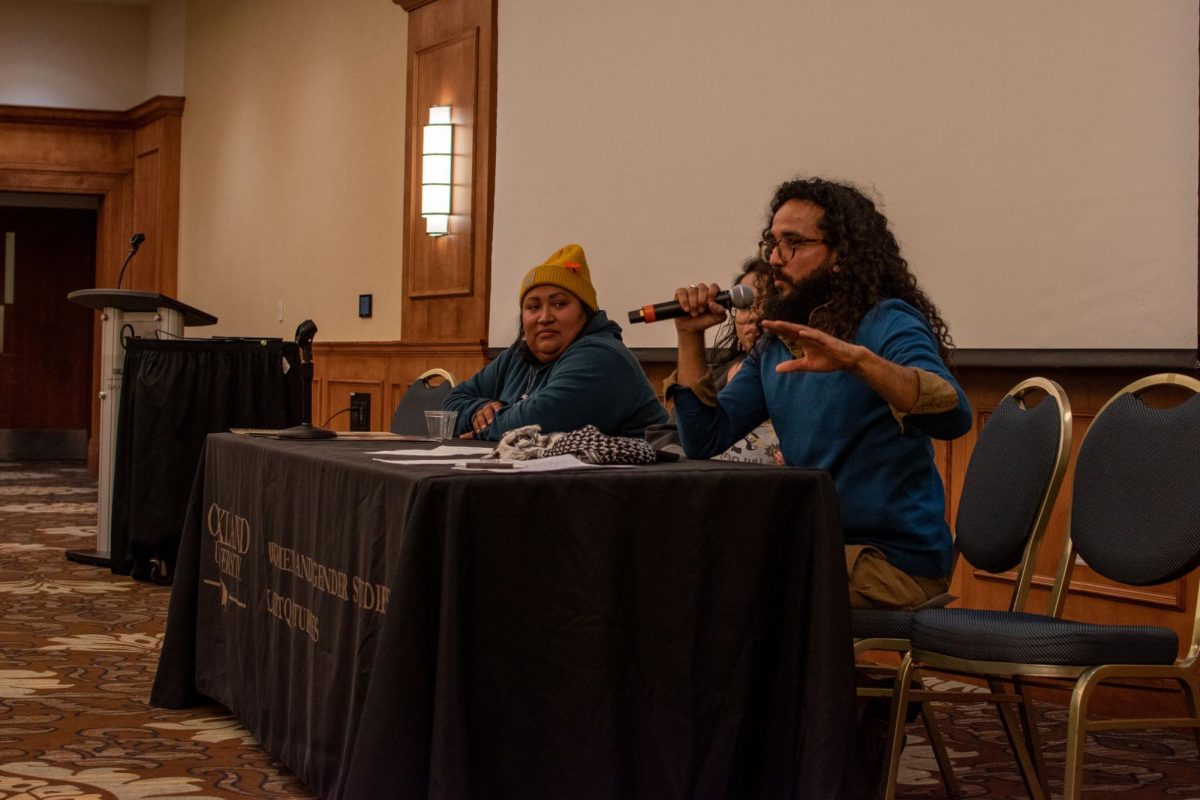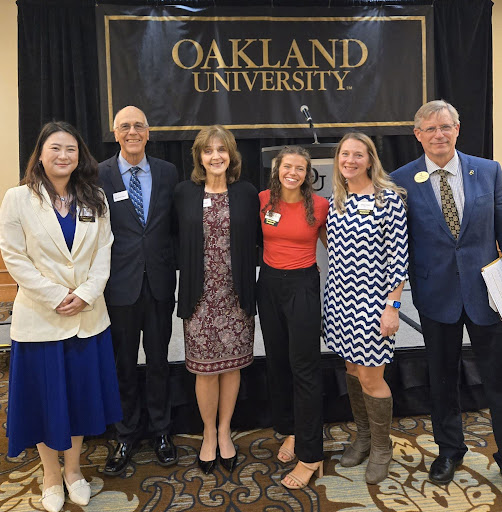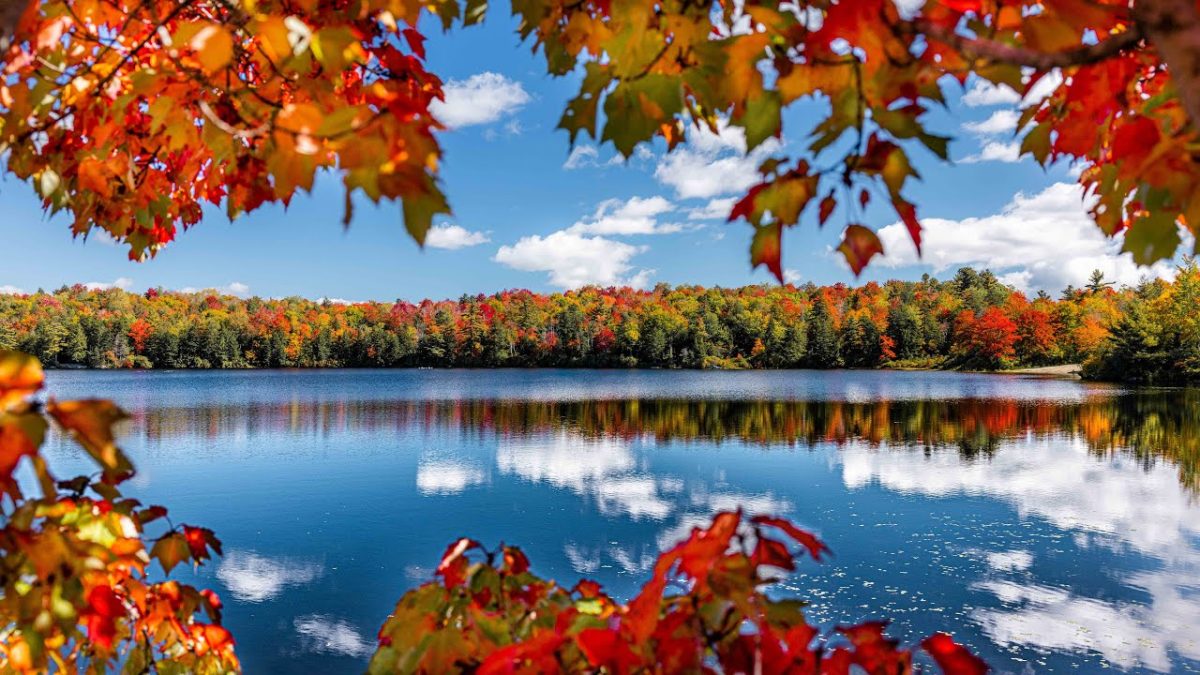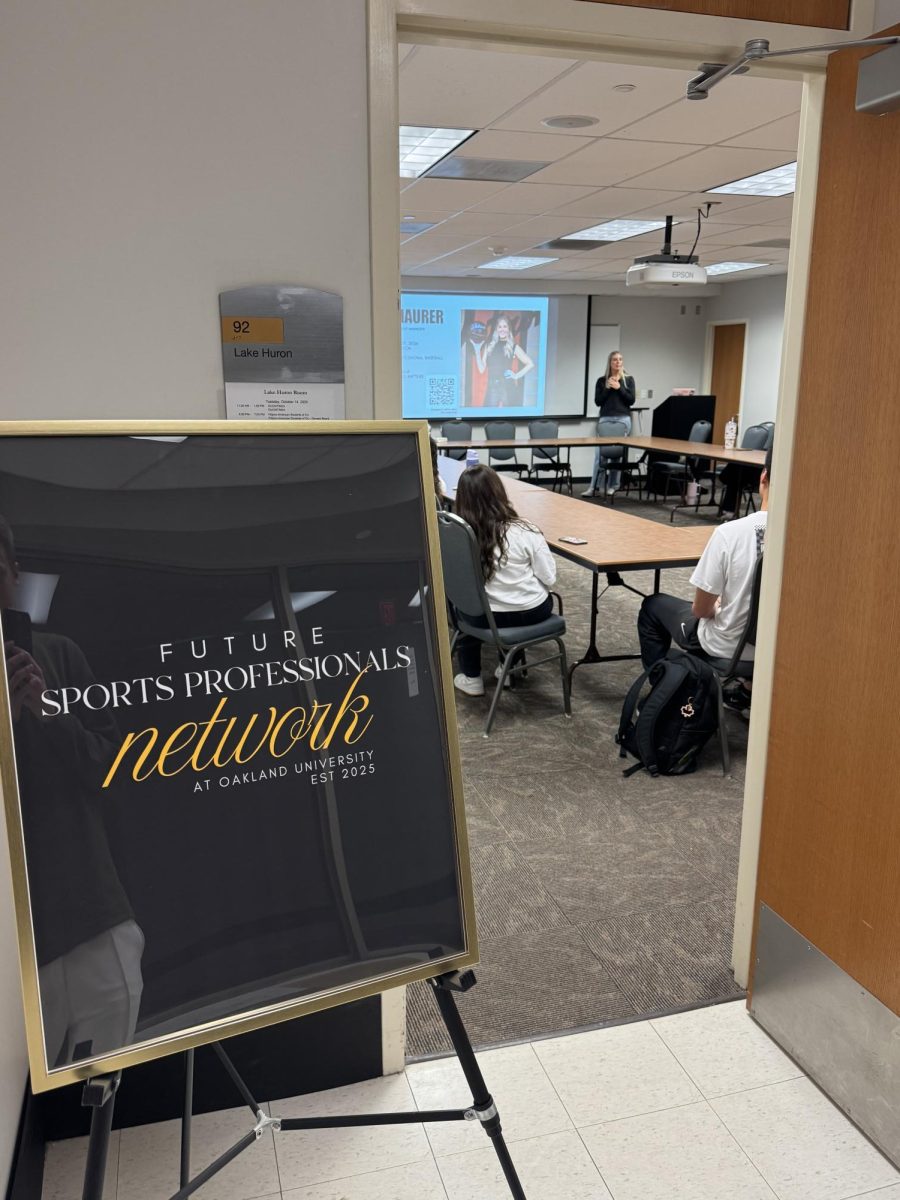November is Native American Heritage Month in the United States. It is a month to pay tribute to Native American life, culture, history and more. During this month, and every month, it is also important to acknowledge how Native Americans were — and still are — treated in their home territory.
“Warrior Women” — a film directed by Elizabeth Castle and Christina D. King in 2018 — seeks to speak on that subject and brings to light a first-hand perspective: one of Madonna Thunder Hawk.
The film centers around Lakota activist Hawk’s life in the 1970s as she fights for Native American liberation and becomes a part of the American Indian Movement (AIM) to help her do so. Accompanying that timeline is the story of her daughter Marcy’s life.
The documentary discusses several experiences Native Americans have to face. Such topics include the Federal Indian Boarding School Initiative created to force the assimilation of Native Americans, the removal of Native Americans from their own land and fighting off the Dakota Access Pipeline.
The relationship between mother and daughter is less of a familial one and is instead more of a camaraderie between two women fighting for the same cause.
After the initial screening of “Warrior Women,” “Into the Sugarbush” — directed by filmmaker Eden Sabolboro — was also screened. “Into the Sugarbush” introduces and describes the Black to the Land Coalition and co-founder Antonio Rafael.
The panel held after the screenings opened conversations about Native American stories in the modern day and how they interact with land — including discussing the Dakota Access Pipeline protests.
“We all sat and watched it happen on Thanksgiving while a bunch of peaceful, you know, indigenous people are protecting their land, protecting water for all of us on Thanksgiving. Let’s let that irony set in for a moment,” local activist Rosebud Será said during the panel.
“Mother nature does not recognize bureaucracy.” Será continued.
The panel also discussed the health of our present-day ecosystem in Detroit and Metro Detroit.
Black to the Land is an organization for BIPOC people to engage with nature and hosts many events and outdoor programs.
“I think people have an intrinsic desire to, like, connect to something bigger than themselves, and we have trouble finding meaning in, like, service sector labor, which is predominantly what this economy is becoming,” Black to the Land co-founder Rafael said during the panel.
If students want to engage with Black to the Land, they can visit their website by going to blacktothelandcoalition.com and seeking out future events. They can also visit their Instagram at @blacktothelandcoalition for updates.
The discussion of these topics is important year-round, both to Native Americans and to others who depend on their land for sustainability — which is everyone.
Oakland University has been making progress in showing respect to the Anishinaabe — made up of the Ojibwe, Odawa and Potawatomi people — and to honor the ancestors that resided on this land.
The OU Land Acknowledgement Statement can be found on OU’s website and is a great first step by OU and a good read — especially during November.












